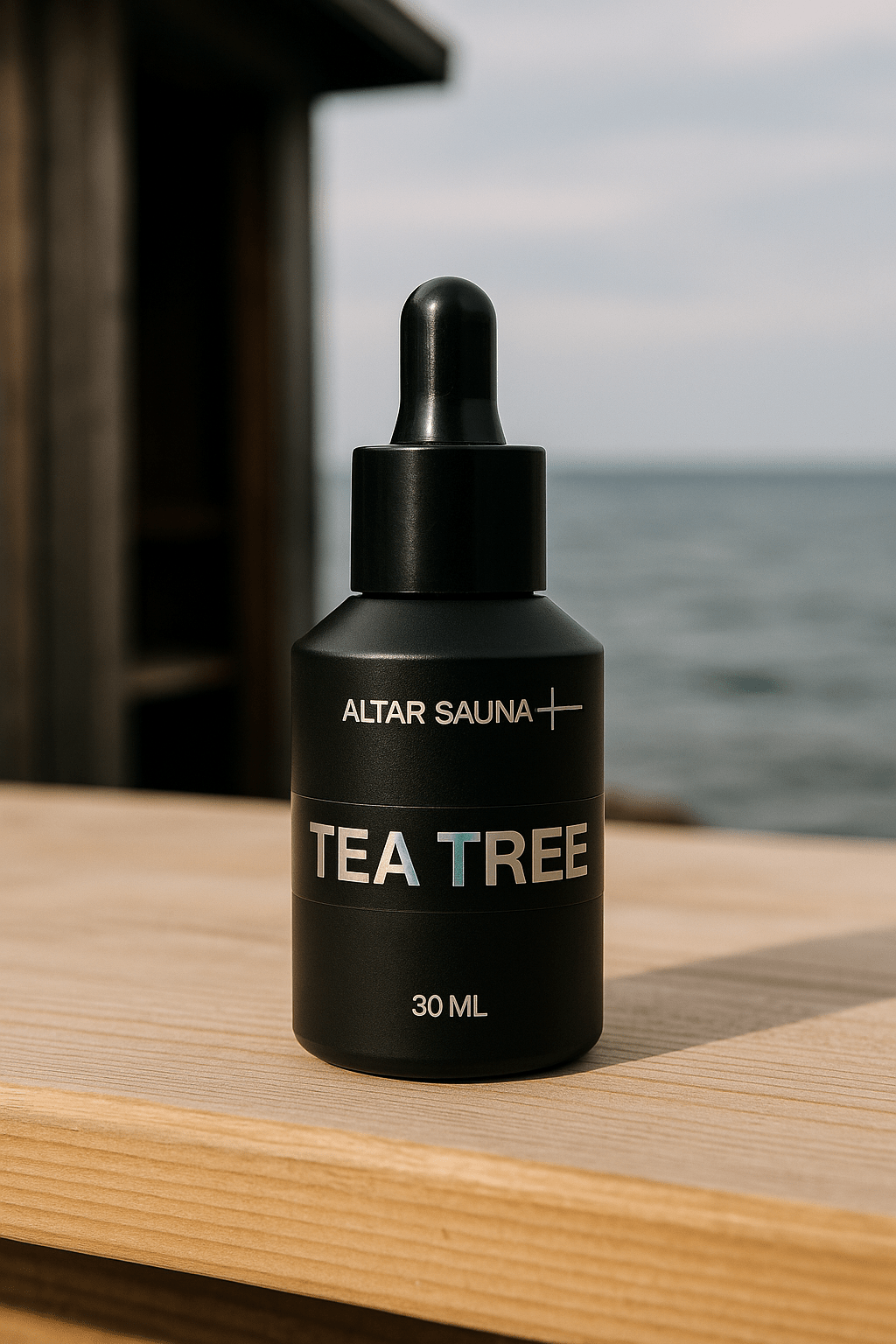Sauna use during pregnancy is a topic of much debate among medical professionals. While some studies have suggested that sauna use may be safe for pregnant women, others have raised concerns about potential risks to both the mother and the developing fetus. In this essay, I will examine the available evidence on the safety of sauna use during pregnancy and provide recommendations for pregnant women considering sauna use.
The potential risks of sauna use during pregnancy primarily relate to the effects of high heat on the body. Prolonged exposure to high temperatures can cause dehydration, which can be particularly dangerous for pregnant women. Dehydration can lead to a range of complications, including preterm labor, low birth weight, and even miscarriage. In addition, high heat exposure has been linked to neural tube defects and other birth defects.
While the risks of sauna use during pregnancy are concerning, some studies have suggested that sauna use may be safe if certain precautions are taken. For example, a study published in the journal Obstetrics and Gynecology found that sauna use during pregnancy did not increase the risk of congenital anomalies, preterm delivery, or low birth weight when sauna sessions were limited to 15 minutes and the body was allowed to cool down between sessions.
Other studies have raised concerns about potential risks associated with sauna use during pregnancy. A study published in the American Journal of Epidemiology found that frequent sauna use during early pregnancy was associated with an increased risk of miscarriage. The study found that women who used saunas more than four times per week during early pregnancy had a two-fold increased risk of miscarriage compared to women who did not use saunas.
Given the conflicting evidence on the safety of sauna use during pregnancy, it is difficult to make definitive recommendations. However, most medical professionals agree that pregnant women should take precautions to minimize the risks associated with high heat exposure. The American College of Obstetricians and Gynecologists recommends that pregnant women avoid saunas, hot tubs, and other sources of high heat exposure, particularly during the first trimester when the developing fetus is most vulnerable.
If a pregnant woman does choose to use a sauna, it is important that she takes certain precautions to reduce the risks of heat exposure. These precautions include limiting sauna sessions to no more than 15 minutes, ensuring that the body is allowed to cool down between sessions, and drinking plenty of fluids to avoid dehydration. It is also important that pregnant women listen to their bodies and avoid pushing themselves too hard in the sauna.
In addition to the risks associated with heat exposure, pregnant women should also be aware of other potential risks associated with sauna use. For example, sauna use can cause dizziness and fainting, which can be dangerous for pregnant women. Pregnant women may also be more susceptible to the effects of certain chemicals and substances that may be present in saunas, such as cleaning agents and essential oils.
In conclusion, sauna use during pregnancy is a complex issue that requires careful consideration of the risks and benefits. While some studies have suggested that sauna use may be safe if certain precautions are taken, most medical professionals recommend that pregnant women avoid saunas, hot tubs, and other sources of high heat exposure. If a pregnant woman does choose to use a sauna, it is important that she takes precautions to minimize the risks of heat exposure and listens to her body to avoid overexertion. Ultimately, the decision to use a sauna during pregnancy should be made in consultation with a healthcare provider who can provide personalized guidance based on the individual woman's health status and pregnancy history.
Written by Martin.
SOURCES:
AMERICAN COLLEGE OF OBSTETRICIANS AND GYNECOLOGISTS. (2015). COMMITTEE OPINION NO. 650: PHYSICAL ACTIVITY AND EXERCISE DURING PREGNANCY AND THE POSTPARTUM PERIOD. OBSTETRICS AND GYNECOLOGY, 126(6), E135-E142. DOI: 10.1097/AOG.0000000000001214
-
FACCO, F. L., GROBMAN, W. A., KRAMER, J., HO, K. H., & ZEE, P. C. (2010). SELF-REPORTED SLEEP DISTURBANCES IN PREGNANCY AND PRETERM BIRTH. OBSTETRICS AND GYNECOLOGY, 116(4), 856-862. DOI: 10.1097/AOG.0B013E3181F925E6
-
JAAKKOLA, J. J., OKSA, P., & JUNTUNEN, K. (1991). SAUNA BATHING DURING PREGNANCY AND CONGENITAL ABNORMALITIES OF THE OFFSPRING. ENVIRONMENTAL RESEARCH, 55(2), 107-111. DOI: 10.1016/S0013-9351(05)80057-4
-
OKSA, P., LUURILA, O. J., & VUORI, I. (2002). PHYSIOLOGICAL RESPONSES TO FINNISH SAUNA IN PREGNANT AND NON-PREGNANT WOMEN. CLINICAL PHYSIOLOGY AND FUNCTIONAL IMAGING, 22(3), 210-213. DOI: 10.1046/J.1365-2281.2002.00417.X
-
TERRY, J. W., NEUBERGER, M., & SCHMID, C. H. (1981). ACUTE DEHYDRATION TOXICITY IN PREGNANT MICE: TERATOGENICITY OF HEAT AND DEHYDRATION. TERATOLOGY, 24(1), 25-35. DOI: 10.1002/TERA.1420240105
-
VUORI, I. (1988). SAUNA BATHING AND CARDIOVASCULAR FUNCTION. JOURNAL OF HUMAN HYPERTENSION, 2(4), 261-266. DOI: 10.1038/JHH.1988.43
-
WALLIN, M. K., RISSANEN, S., HARTIKAINEN, A. L., & KIVIRANTA, H. (2014). SAUNA BATHING DURING PREGNANCY AND LACTATION: A LITERATURE REVIEW. ARCHIVES OF GYNECOLOGY AND OBSTETRICS, 290(2), 237-243. DOI: 10.1007/S00404-014-3236-5


